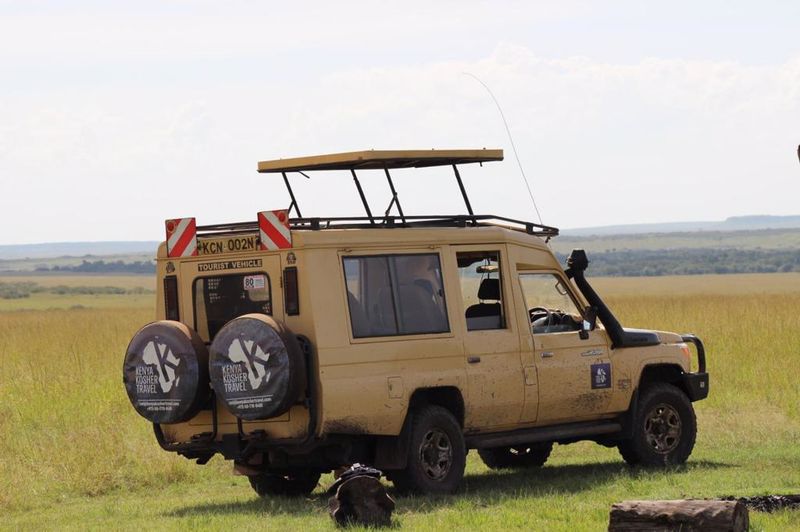Visas and Embassies:
Israelis traveling to Kenya need an entry visa. The visa costs fifty dollars there is an option of issuing a visa on the website.
Vaccinations and Health:
Before you travel, it is recommended that you contact a travel clinic in your area and receive the required vaccinations according to your route.
It is important to come with your vaccination booklet. When landing at the airport in Nairobi, you will be asked to present your vaccination booklet with an authorization that you received a vaccination for yellow fever. The vaccination must be performed at least 10 days before visiting the country.
It is recommended to start taking pills against malaria ten days before the trip. (Not all the destinations in Kenya require this). Modern medical services in Kenya are found only in the major cities and the major tourist sites and not in the villages. (This is not a recommendation. It is mandatory to consult a doctor at a travel clinic)
The Tourist Seasons and Weather:
Kenya’s location near the equator enables traveling in the country all year round. The weather changes during the seasons, but the changes are not dramatic.
December – March: A good season for traveling: sunny in the daytime and cool in the evening.
December 15 – January 3: The prices rise significantly.
April and May: A wet season with heavy rain every few days. You can still come to travel to Kenya, and the prices are cheaper.
The Migration Season:
The migration season is between June and October.
This is the most recommended season to come to Kenya for safari trips because of the quote Great Migration quote Hundreds of thousands of animals migrate between the Serengeti reserve in Tanzania and the Maasai Mara reserve in Kenya.
June – October: A little rainy, slightly cold weather. These months are recommended as a pleasant season for travel to Kenya.
November: The rainy season.
The migration season between June and September-October is the best time for
safari trips to Kenya.
Local Currency:
The currency of Kenya is the Kenyan shilling. 100 shilling = about 1 US dollar. The
dollar is an accepted currency almost everywhere. It is recommended to change
money only in authorized places and not with money changers on the street because
of forgers. You can find authorized places to change money in banks, hotels, and almost every commercial center.
Local Communications:
In Kenya, there are some cellular communications companies. The leading and
the recommended company is Safaricom which has good reception and convenient packages.
Hygiene:
It is recommended to drink only mineral water! There is no risk in eating vegetables and fruit bought in supermarkets or vegetable stores in large cities.
Recommended washing the fruit and vegetables thoroughly.
Personal security:
In Nairobi, there are huge ‘slums’, poor neighborhoods, the largest of which is Kibera,
which has about 800,000 people. It is recommended not to visit this neighborhood on your own.
Africa Kosher Travel provides an organized tour of Kibera with a security
escort.
The great poverty has greatly increased crime, especially in Nairobi in the evenings.
Tourists and businessmen are a quote preferred target quote and therefore it is necessary to
take all the required precautions.
In cases of robbery, the directive is to cooperate with the robbers.
It is recommended to walk around Nairobi in daylight and on main roads and crowded places. It is not a good idea to walk in the street in the dark.
When traveling by car, it is recommended to make sure the windows and car doors are locked.
In case of robbery/attack, contact the Tourist Police – 0722-703208
Electricity in Kenya:
The electrical outlets in Kenya are British outlets. It is important to come equipped accordingly because you are going to charge your cameras a lot.
Transportation:
The level of maintenance of many roads in Kenya is poor, and some are even dirt roads. Even within the reserves, the roads to the hotels are not paved. Bumps and dust are an integral part of the safari experience in Africa. Therefore, problems with the jeep can occur. The way the jeeps are repaired is an African experience in itself;
accept it in good spirit (divine providence). We are equipped to handle the situation in the fastest and most professional manner.
Africa Kosher Travel has carefully chosen the jeeps. All the jeeps are new and well-equipped.
They have a convertible roof that allows comfortable photographing and
viewing standing up. All the drivers are in touch with us, to update the
location of animals in real-time and to request help if necessary.
Taxis:
It is recommended to use UBER taxis – faster service, reliable and also significantly cheaper than the competing companies. An easy and simple app is available.
Recommended Clothing:
Light clothing for during the day, long clothing for the cool evening hours, and protection from mosquitos. (It is also recommended to bring spray against mosquitoes). A sun hat and a small bag for the Game Drive.
Africa Kosher Travel customers will enjoy a high-quality handbag and hat as a gift from the company.
What do you need for the flight?
A passport is valid for at least six months.
Travel insurance.
An International Vaccine Booklet (the yellow pad) with a vaccination against yellow
fever.



